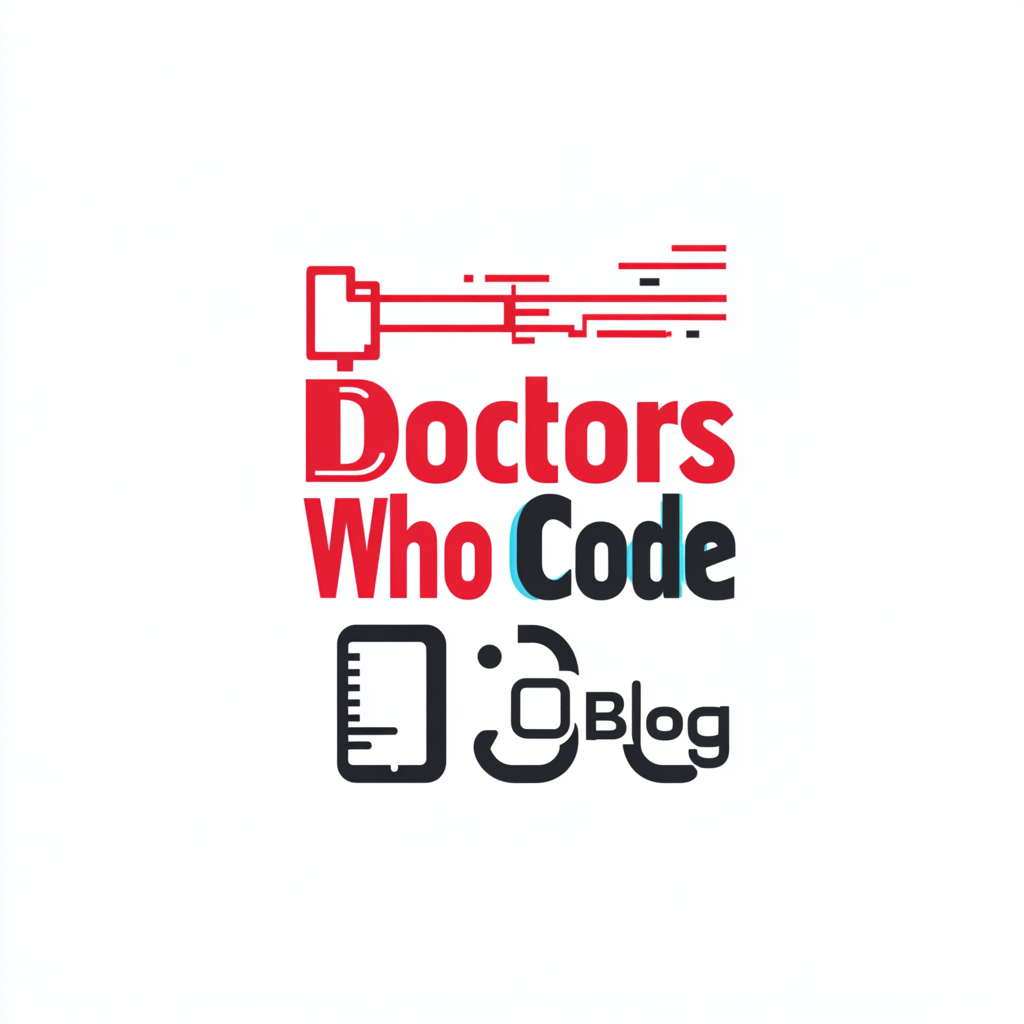Artificial Intelligence (AI) has become a transformative force, and among its many facets, generative AI stands out as a game-changer for professionals across fields.
Physicians, often strapped for time and resources, can benefit immensely from understanding and leveraging this technology.
In an 18-minute overview, Henrik Kniberg dives deep into the workings, applications, and implications of generative AI, providing a digestible introduction for newcomers. Here’s what you need to know.
What Is Generative AI?
Generative AI models, like ChatGPT, learn from existing data to produce new content. These models operate by predicting the next element in a sequence, enabling them to generate coherent text, images, music, and more. Their applications span a wide array of fields, including:
- Chatbots: Enhancing patient communication.
- Content Creation: Generating patient education materials.
- Design Assistance: Streamlining workflows in medical imaging and diagnostics.
The Power of Prompt Engineering
At the heart of interacting effectively with AI models lies prompt engineering, the art of crafting inputs to elicit desired outputs. For example, a physician could input a prompt like: “Generate a patient-friendly explanation of Type 2 Diabetes,” and receive a well-crafted response suitable for diverse audiences.
Tip: Experiment with various prompts to unlock the full potential of AI tools in your practice.
Enhancing Productivity in Medicine
Generative AI can significantly boost productivity by automating routine tasks. Imagine:
- Summarizing complex medical research articles.
- Drafting patient follow-up letters.
- Streamlining data entry for electronic medical records (EMRs).
This automation allows physicians to focus on more complex and human-centric activities, such as patient care and decision-making.
Risks and Limitations
AI is not without its pitfalls. Understanding its limitations is crucial to mitigating potential risks, such as:
- Generation of misleading or harmful content.
- Plausible but incorrect outputs.
- Biases reflecting training data.
Solution: Always maintain human oversight and critical thinking when interpreting AI-generated content.
Ethical Considerations and Collaboration
The advent of autonomous AI agents raises questions about control, ethics, and societal impact. As AI continues to influence sectors including healthcare, collaboration between humans and AI can lead to innovative solutions and improved outcomes. However, ethical considerations, such as data privacy and equitable access, should remain at the forefront.
Continuous Learning and Adaptation
The world of AI is evolving rapidly. Staying informed about advancements and integrating AI responsibly into your workflow are essential habits for success. Regularly engage with:
- AI-related webinars and workshops.
- Emerging literature on AI in healthcare.
- Tools and platforms designed for medical professionals.
Takeaways for Physicians
- Generative AI models like ChatGPT are trained on diverse datasets, making them versatile tools for generating human-like text and more.
- Prompt engineering is a valuable skill to guide AI outputs effectively.
- AI’s applications in medicine include enhancing patient care, streamlining operations, and creating educational content.
- Human oversight is indispensable to ensure the accuracy and reliability of AI-generated information.
- Collaboration between physicians and AI can lead to groundbreaking innovations while ethical considerations safeguard trust and equity.
Resources
- Video: Generative AI in a Nutshell – How to Survive and Thrive in the Age of AI by Henrik Kniberg. This concise 18-minute overview is perfect for busy professionals.
- Image: A full drawing summarizing key concepts of generative AI, available with the video.

Final Thoughts
Generative AI represents an exciting frontier in technology, and its implications for medicine are profound. By engaging with tools like ChatGPT and staying attuned to their evolution, physicians can harness AI to enhance their practice, improve patient outcomes, and navigate the complexities of modern healthcare with confidence. As always, awareness, adaptability, and ethical application remain paramount.
